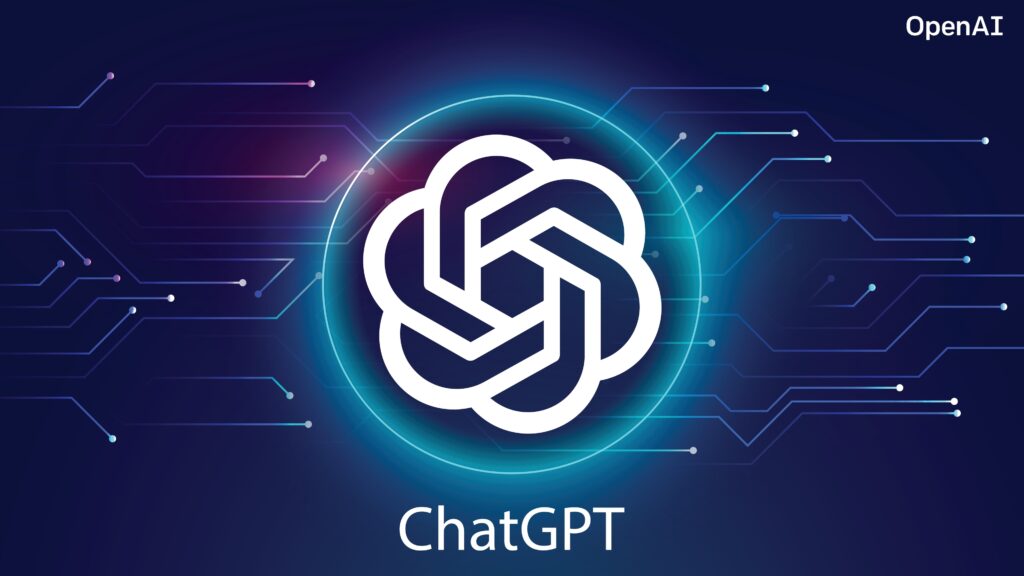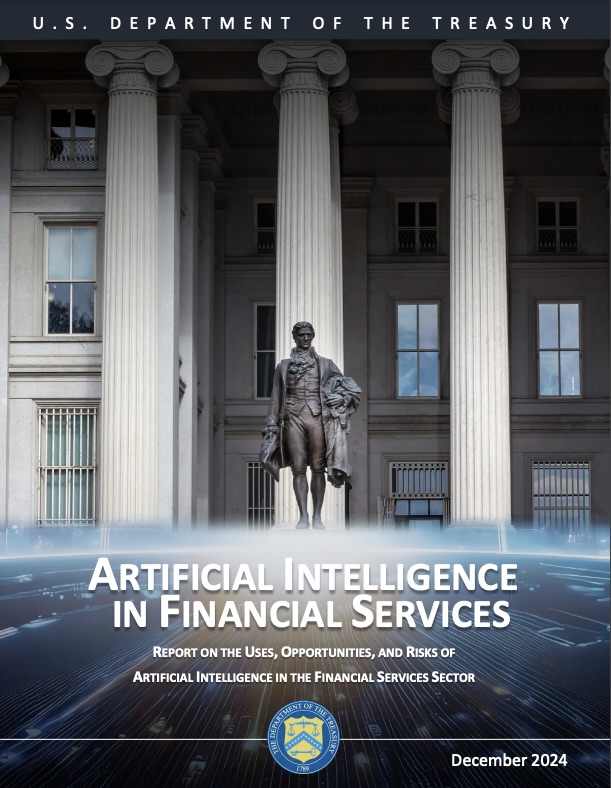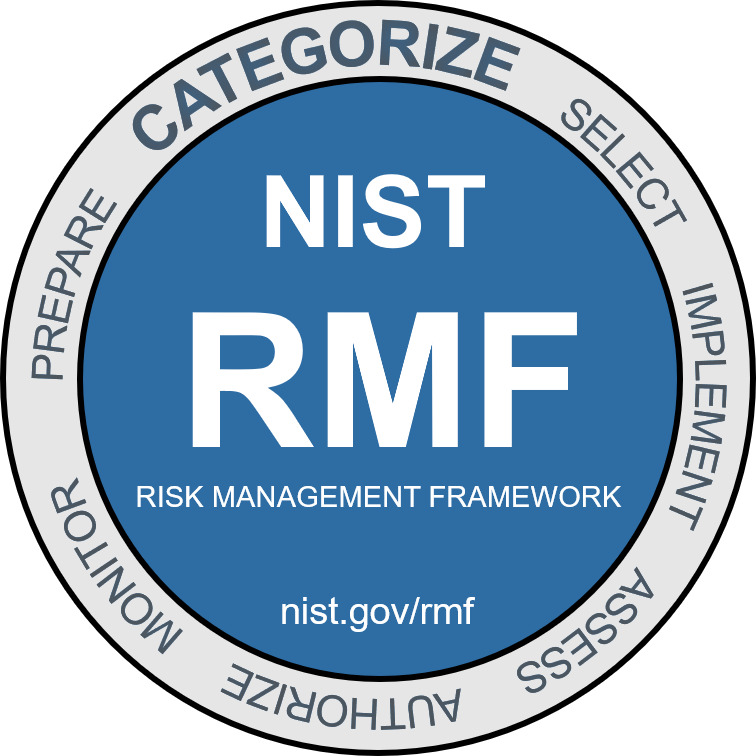ReSOURCE LIBRARY
Discover the latest reports, videos, and research
Explore by topic

INTRODUCTION TO AI
AI and humans have complementary strengths that, when combined, can lead to increased productivity and innovation. The integration of AI into the workforce can achieve more efficient and effective results.
AI algorithms can significantly impact financial decisions, such as loan approvals, investments, and risk assessments. Governance frameworks help ensure these decisions are made ethically and fairly, avoiding biases that could lead to discrimination or unfair treatment of certain groups. There are dozens of instances of unfair lending practices leading to lawsuits but more importantly, these patterns erode the trust in the financial system and reinforces the belief that the system is rigged. Oversight of AI in Financial Services is important so that AI doesn’t make the problem worse.
There are many instances in the past, of technology gone wrong in the healthcare industry, for example, software deployment primarily to serve billing needs, or reliance on needless tests to enhance the bottom line of some players along the patient journey without improving patient outcomes. The deployment of AIH (AI in healthcare) provides a great opportunity to refocus on patient and physician welfare, while reducing administrative costs. AI algorithms however need quality testing, validation and constant monitoring along with retraining them with changing patient information and feedback from clinicians. Before these algorithms go live, they need thorough validation and reviews from regulators, to make sure they’re safe and operate as advertised.
As AI becomes more prevalent in our society, there is an increasing need to ensure that these systems are designed and used in a safe, ethical, and responsible manner.
Governments around the world are grappling with the challenges of regulating AI, including issues such as privacy, bias, and accountability.
Effective AI regulation and governance will require collaboration between governments, industry leaders, and other stakeholders to create frameworks that promote innovation while protecting individuals and society as a whole. The EU AI Act seems like a step in the right direction. The challenges will center around the responsible deployment of AI (a costly proposition) while complying with the laws and benefitting society at the same time.


























